An unnamed war-torn region of West Africa becomes home to atrocities beyond any it has ever witnessed when the dead begin to rise and consume the living. Amidst the chaos, an American military engineer named Brian Murphy (Rob Freeman) boards the last evacuation flight out of the area, only to have it crash off the coast. The lone survivor, Brian gathers what weapons and gear he can and heads into the wilderness, where he runs into another desperate man: Daniel Dembele (Prince David Osei), a God-fearing local soldier who deserted his post and returned to his village to find his wife dead and his son gone on a caravan headed North. The strangers figure two guns are better than one and team up for their respective safety, traveling through the scorched land in hopes of finding family, food and any place not teeming with zombies.
“Fast zombies,” popularized by 2004’s Dawn of the Dead remake and 2002’s infection (NOT zombie, dammit) movie 28 Days Later, have become such the norm in modern horror that The Dead‘s old-school plodding dead are actually refreshing. The sight of teetering corpses limping slowly toward their victims makes for visually striking, tense moments, like a ticking time bomb waiting to explode. And as It Follows showed, slow threats can still be terrifying.
The zombie scenes in The Dead are heart-pounding, if somewhat repetitive in nature; basically, our protagonists travel for a while, stop for water/gas/rest, are surrounded and shoot/hack their way out. Rinse, repeat. It’s not particularly original, but if “original” means zombies that climb walls or display X-Men-like superpowers (ahem, Day of the Dead remake), then give me unoriginal any day of the week.
The script is less a story than a series of zombie attacks and near misses broken up by some beautifully shot scenery. It’s a blood-spattered road movie-cum-African travelogue that makes wonderful use of an exotic setting that helps distinguish it from the crowded field of zombie films.
That said, the dialogue-light plot could use more depth — perhaps with the addition of a “living” antagonist or with more pointed socio-political commentary. It does touch upon the latter when Daniel complains to Brian about the American presence in the region, saying “I don’t understand the white man; your soldiers come with guns to fight us, and your doctors come with medicine to save us.” Presumably, America is backing one side in the conflict, but that’s never explored. This movie isn’t interested in the details of the internal strife; it glosses over them by just saying the two sides have put aside their differences to fight the common, undead enemy.
This approach is emblematic of the fact that, although The Dead is set in Africa and most of the people who appear on screen are black, it’s a “white spectatorship” film — using the long-held view of Africa as a wild, “dark” continent to put the white hero in danger from the terrors of the land. To its credit, the movie does paint Africans in a positive light, though. They’re generally humane and sympathetic — actual humans, unlike the nameless “savages” of so much Hollywood fare.
It’s particularly refreshing to see an African soldier presented in a heroic light, but in the end, the white American is the main protagonist we’re supposed to root for to save the day. Whether intended or not, the symbolism of this colonized continent relying on a white savior who ultimately is powerless to help (and who, in truth, is only helping because his plan to abandon the land failed) is not lost on me.
Between the grim nature of the film, its slow zombies, its multiracial cast, its deliberate pace (at 105 minutes, it’s a good 15 minutes too long), its socially relevant inclinations and its pensive characters (one musing “Maybe we’re being punished for our arrogance…Man’s greed has devoured this earth; nature is restoring its delicate balance.”), The Dead is like a Romero-less Romero movie. Frankly, it would’ve been a better addition to the legendary director’s legacy than his last couple of zombie flicks.
The scenes of corpses strewn across the arid earth are strikingly similar to the footage of African civil wars and genocide we’ve all seen on the news, the sort of chaos and injustice that Romero would’ve been keen to reflect on the screen. British directing brothers Howard and Jonathan Ford do an admirable job of replicating this, even if it’s not clear if they intended to make any parallels to real-life events. Still, by constantly peppering the background with looming zombies, The Dead reminds us that the threat of turmoil is always present, slowly advancing and seemingly unstoppable.
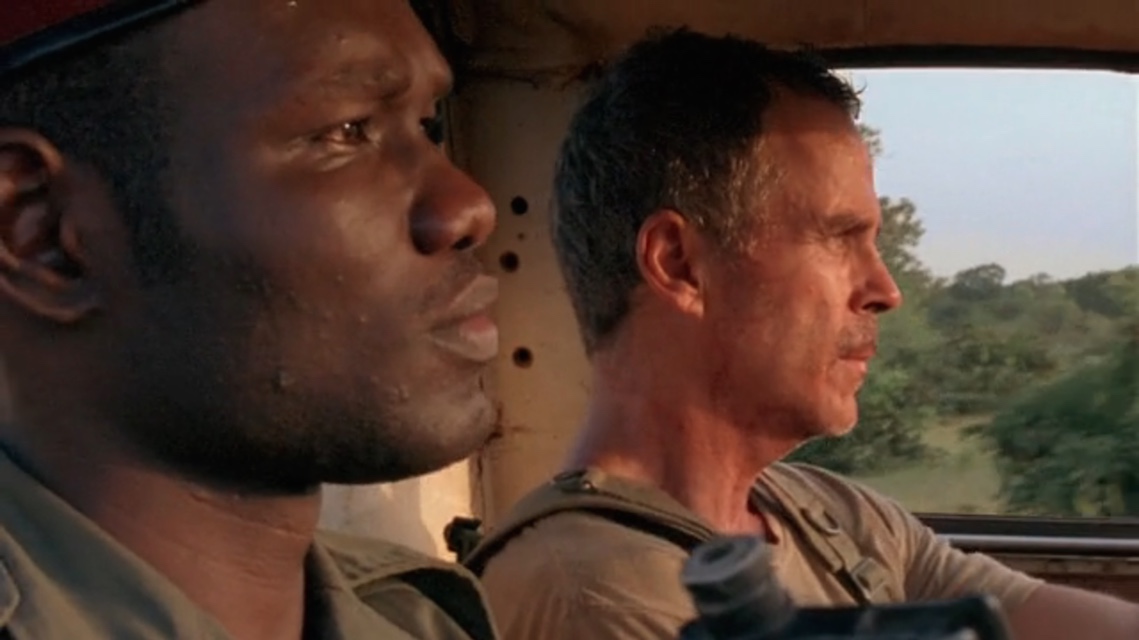

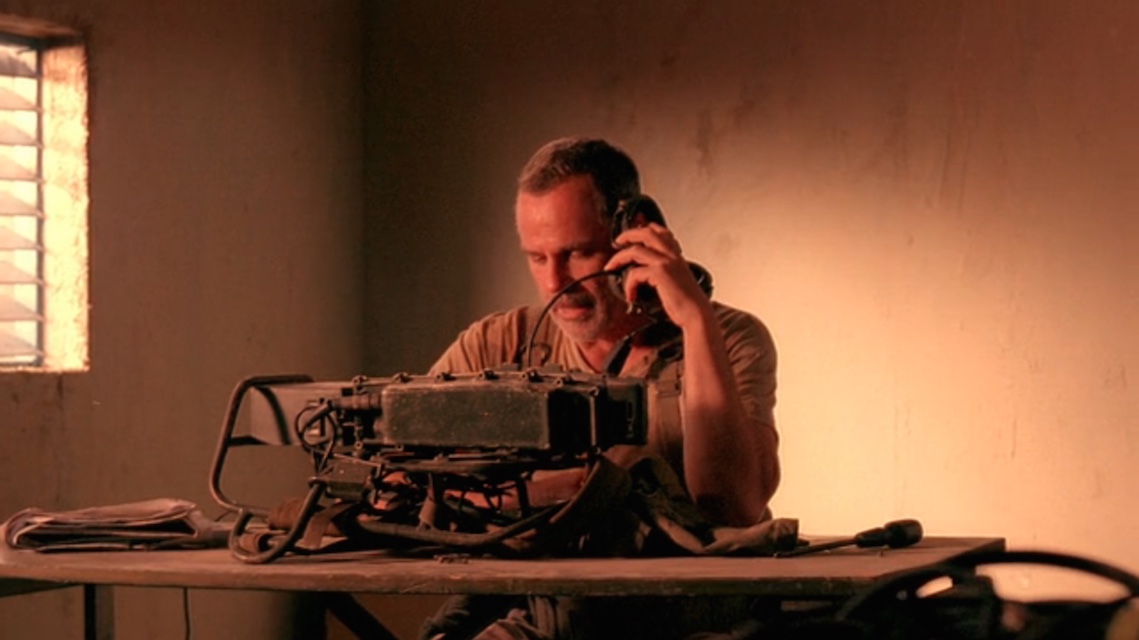
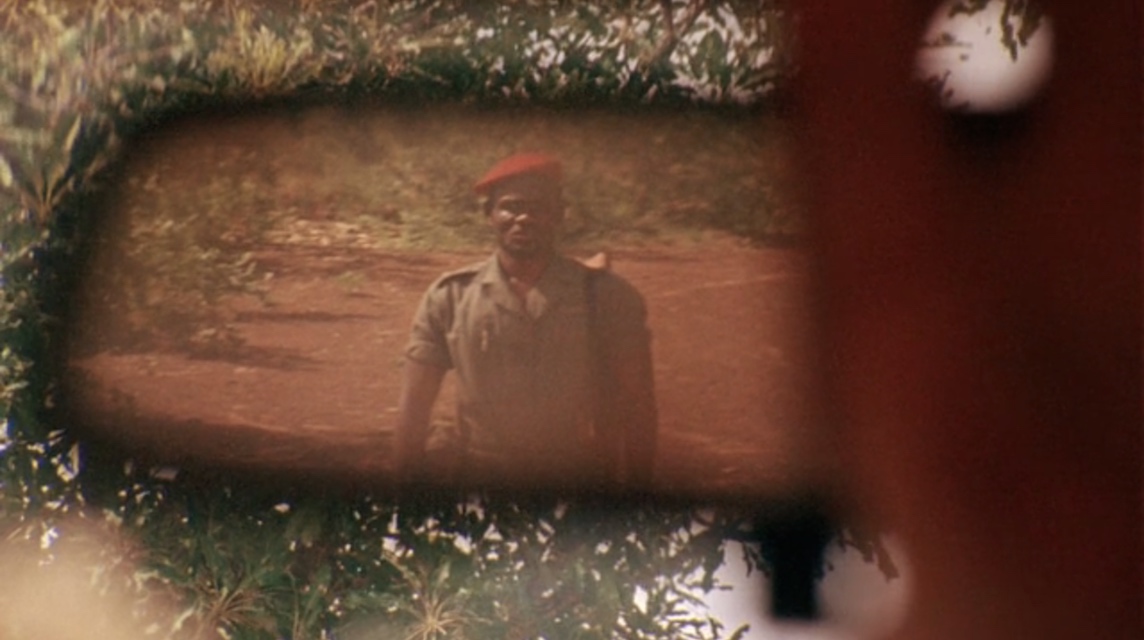
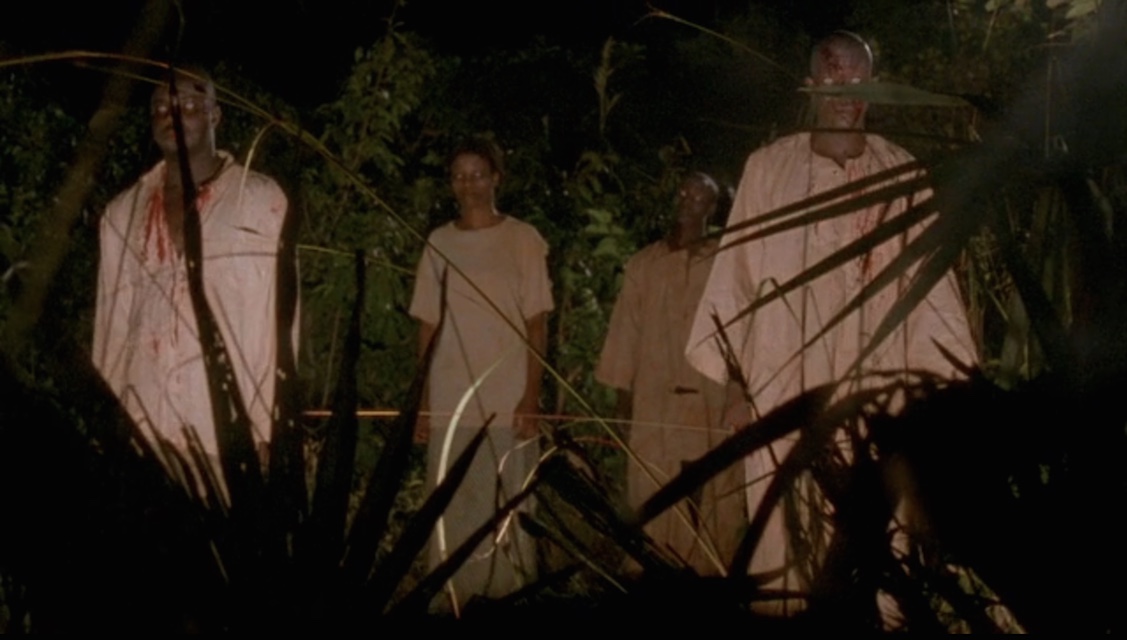

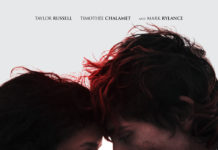
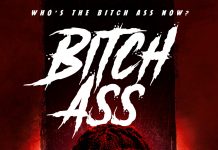

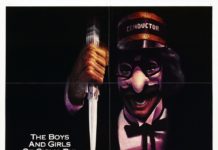
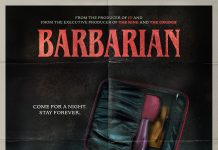
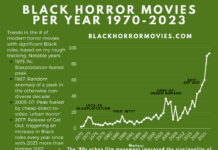
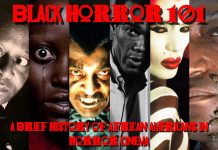
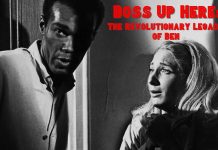
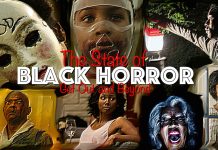
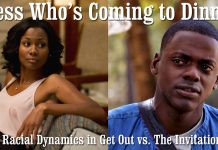
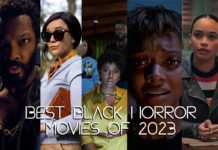
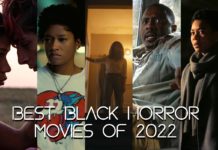



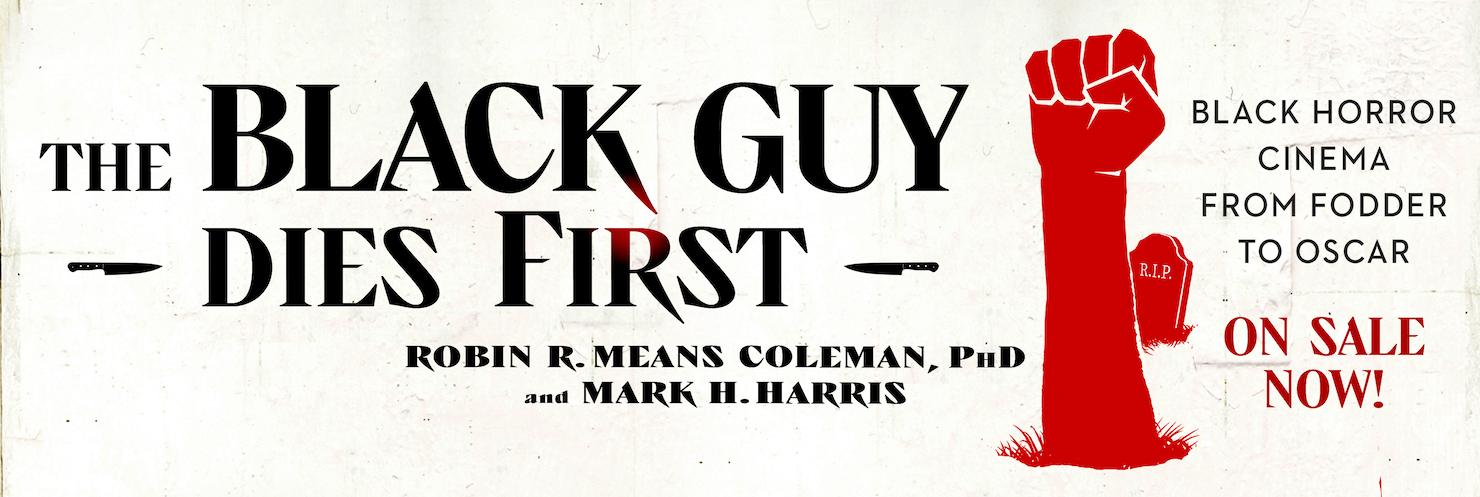
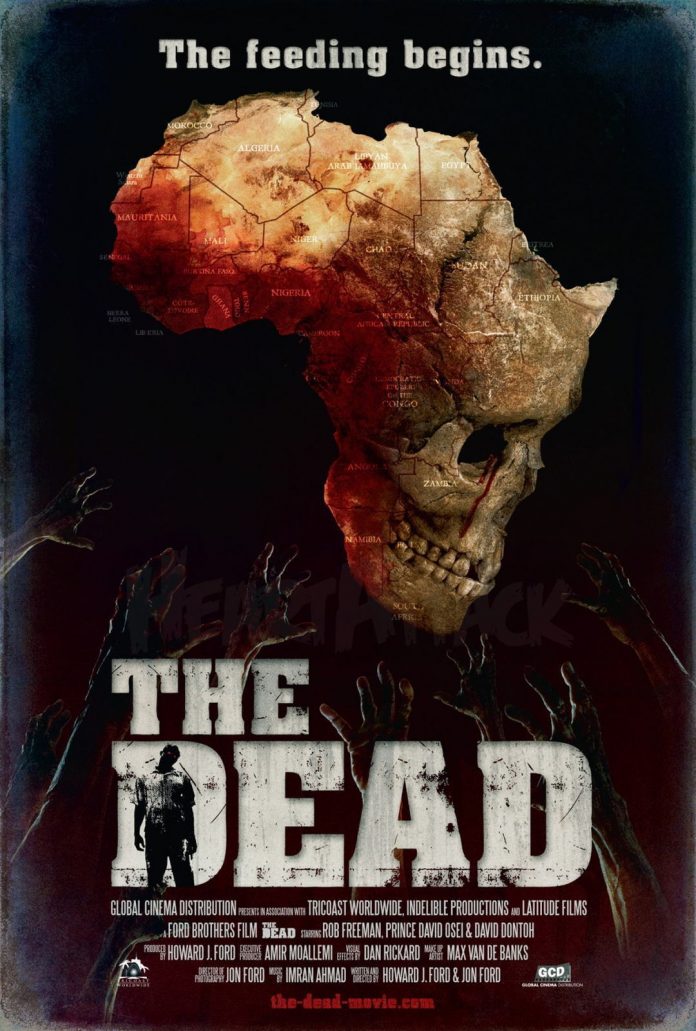

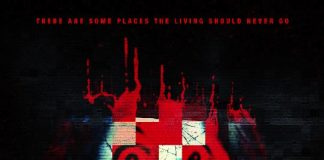
It’s great to see a zombie movie set somewhere different for a change, but unfortunately they obviously thought of the locations before they thought of a plot to go with it, and it ends up kind of blah. It does look very nice, though, and behind the scenes they had a terrible time, in fact I think they were lucky to get it finished (everyone wanted bribes!). They made a follow up in… India, I think?
Yep, the sequel was in India. Also solid: not great, not bad.
It’s cool to see a zombie movie set in West Africa for the simple fact that it’s exactly where the original zombie legends and folklore came from. I’m actually surprised that more films haven’t capitalized on that.